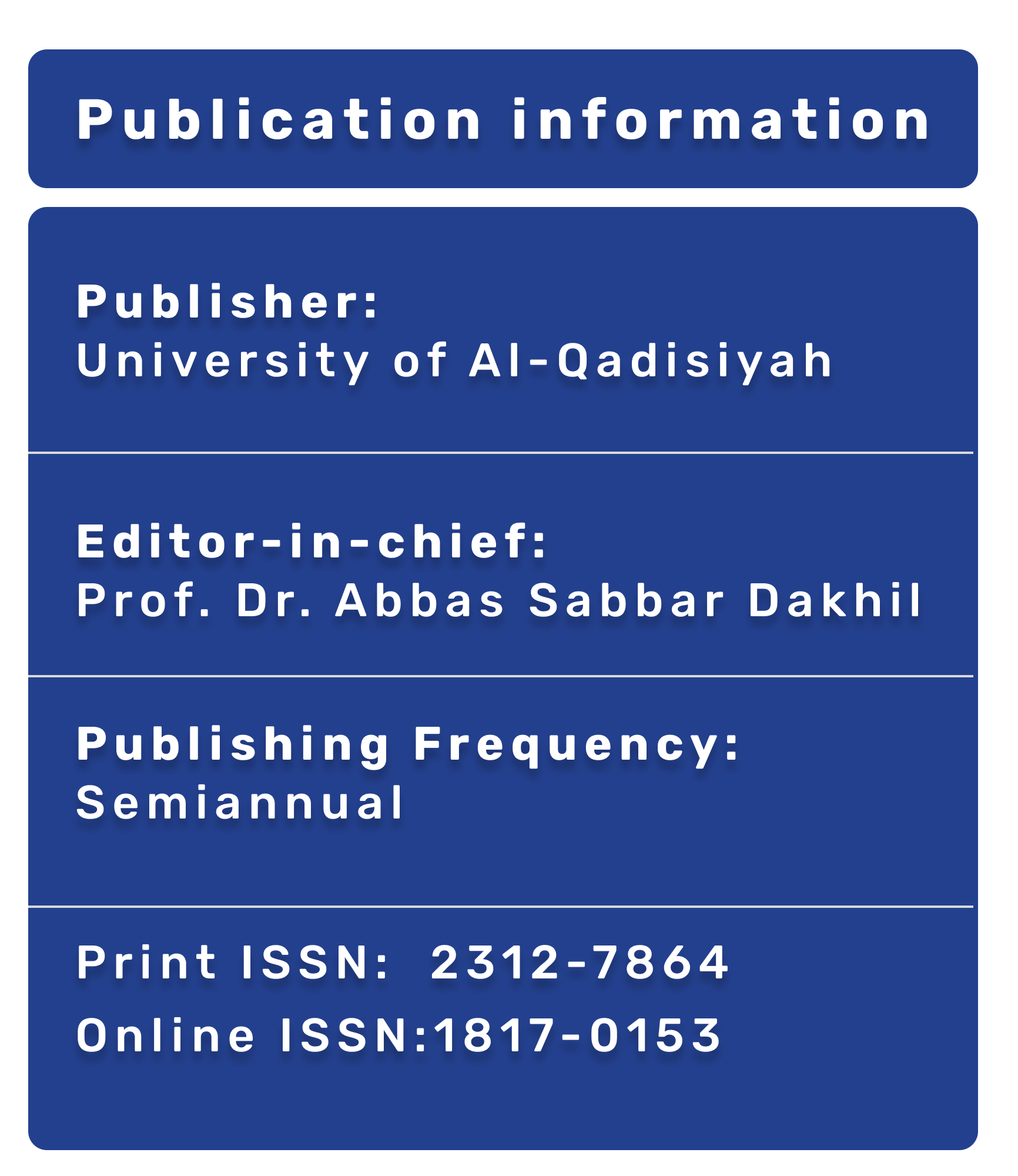Effect Of Amlodipine In Amelioration Of Global Cerebral I/R Injury In Rat
DOI:
https://doi.org/10.28922/qmj.2015.11.19.16-25Keywords:
Global cerebral ischemia, cerebral reperfusion injury inflammation, amlodipine,ICAM-1Abstract
Background: Cerebral ischemia–reperfusion injury (IRI) is a complex process resulting in cellular damage and death. Ischemia and reperfusion in the brain, as in other organs, induces an inflammatory response which may exacerbate initial levels of tissue injury.Objectives: This study was undertaken to investigate the possible neuroprotective activity of amlodipine in amelioration of global cerebral I/R injury in rat model.
Materials and Methods: Adult sprague-dawley rats were randomized in to 4 groups as follow: group I, sham group, rats underwent the same anesthesia and surgical procedure as the control group with out bilateral common carotid artery occlusion (BCCAO) ; group 2 control group (induced-untreated), rats underwent 30 min of global cerebral ischemia via ( bilateral common carotid artery occlusion (BCCAO) followed by 1 hour of reperfusion ; group 3, Control – Vehicle, as control group but rats received daily for 10 days before the surgery the vehicle of amlodipine drug normal saline intraperitoneally (IP),the dose of vehicle was (0.9% Nacl) ,(1 ml/kg/day) ; group 4, amlodipine treated group, as control goup ,but rats received daily amlodipine intraperitoneally (IP), the dose of amlodipine was (10 mg/kg /day) for 10 days before the surgery .
Results: Compared with the sham group, levels of cerebral ICAM-1, increased significantly (p<0.05), amlodipine, significantly oppose the increase in cerebral level of ICAM-1 (P < 0.05). Histological analysis revealed that amlodipine markedly reduced (P < 0.05) the severity of brain injury in the rats underwent bilateral common carotid artery occlusion (BCCAO) .
Conclusions: The results of the present study revealed that pretreatment with amlodipine may ameliorate the global cerebral ischemia-reperfusion injury by anti-inflammatory effect.








